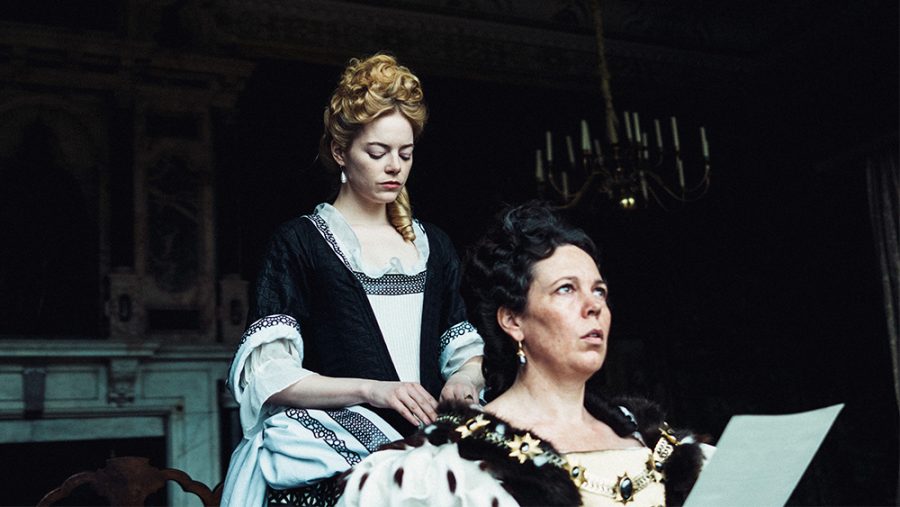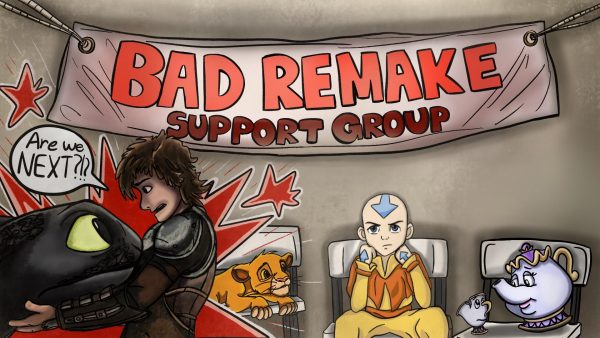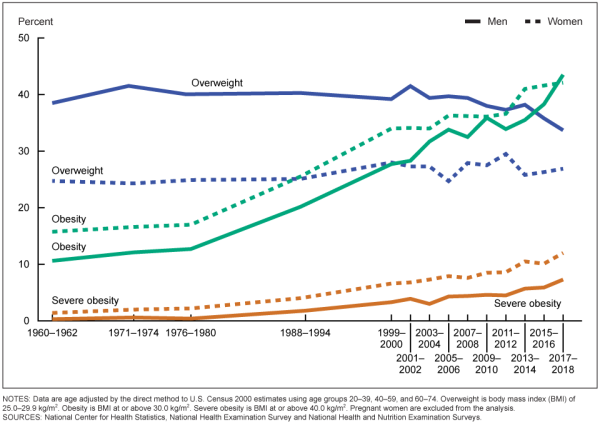Where Hollywood’s portrayal of mental health and body image lacks
February 17, 2019
Hollywood has realized those without perfect bodies and a whiter complexion deserve the upmost quality in their portrayal, but it’s been a long road. The problem is, the films that accomplish that mission, reel in a fraction of the money that mass-produced gluten-filled blockbusters rake across their lawn every morning.
That’s right, dollars by the ton funneling through low quality representation in the midst of billions of bamboozled ticket buyers. All of this will remain in the light of National Eating Disorder Week on Body Image, but with a focus on the implications of our mass-populous’ Mental Health deteriorating. Resulting in cobbled movies equivalent to fast-food.
Those without white skin or a perfect body do deserve high quality movies. They just aren’t receiving them on a regular basis. What we see, is a social ideology made up of steak, being force fed to a vegetarian connoisseur in the back of Paul Feig’s Miata.
What’s troubling now, is the idea that maybe Hollywood has gone too far in the other direction. Inflicting pain on an audience having to watch movies like Feig’s “Ghostbusters” or Gary Ross’ “Ocean’s 8.” On the one hand, both of these directors have produced relatively solid work in the past.
I mean Ross wrote “Big”, and it’s hard to find anyone who doesn’t mildly enjoy “Bridesmaids.” Spoiler alert, the problem is caused by tone deaf studios.
Not to delve too far into the past, but on occasion there are films, yes, actual films that slip through the sweaty crack of Hollywood. Going unnoticed and unloved on a mass scale. Screaming out into a hall filled to the brim with Kathleen Kennedy toothbrushes.
Nonetheless, these are the movies we’re told to watch — and are told they represent the importance of inclusion. What I propose, would be to ask any poor sap on a bar stool about them. In doing so, you’re bound to realize you’re talking to Rian Johnson on un-paid leave.
2018 was one of the greatest years to portray the issue of mental health by facing it head on. In the face of pathetic studio attempts to portray culture, positive body image and equality, the genre of horror provided a look into those real issues.
The best part is, women are leading the way into a new generation of quality craft that went to the box office, and returned with unsalted peanuts. Yes, it might be overdue to dive into past events, but women who are at the forefront of Hollywood’s portrayal of bodies and fabricated mental stability, must be addressed in a non-conventional way.
Hence, the outing of jelly filled perverts across the industry — revealing more than just the vile reproach of what should remain hidden. Until their next doctors’ appointment.
The horror genre, mixed with low-budget productions, provide a revolutionary avenue in characterization, crucial to understanding mental health. The audience views human destruction and the preservation of morals in horror. It fights the issues we’ve highlighted this week.
Films like Alex Garland’s “Annihilation”, reaffirms quality female leads who attack the source. Natalie Portman conducts the scientific method on screen, while her whole outfit does the same. They’re simply well written characters in the best possible way. There’s been talk of women not gaining enough roles as characters working in STEM, but this is it, and nobody went to see the film.
Instead, they saw fabricated science in the “Ghostbuster’s” $229 million worldwide façade. It should have been the start of escapism turned into reflection. Addressing how one deals with grief or loss. Both of which, can lead to understanding why humans alike, struggle with body image or mental health.
Instead, “Annihilation” brought in a whopping $43.1 million worldwide, with a budget of $40-55 million. Meaning, the real number was around $50 million, respectively.
The chickens decided not to roost, and Hollywood knows what sells, but quality is not on the menu. Mental health itself has always been linked to what’s placed on the silver screen, not purposefully, but by the love we all share for film.
When they attempt to pass a “Ghostbusters” film off as an actual film, with female leads working in STEM, one can’t help but feel a sense of melancholy. Not to the point of deserving a role in Lars Von Trier’s “Melancholia”, but foreseeing the world’s end all the same.
In “Annihilation” we had real STEM workers dealing with the most diverse set of questions related to humankind’s existence. While not one man stood in their way in finding the answers. Despite the film itself not providing any resolution beyond the sublime.
The characters struggled with mental health, attempting to look into how we should deal with alien life that doesn’t abide by our concept of the “one” and the “other”. If Hollywood is our little alien, then they have laid eggs in society that have yet to hatch, by funding the condescending pictures they label movies.
This year already, we had a film by Yorgos Lanthimos, well known for wickedly dry humor in “The Lobster” a story of humans becoming animals if they can’t find their mate, finally released. Now, it’s hard not to deny his talent from “The Killing of a Sacred Deer”, as well. With his use of Kubrickian style throughout both past films, through his use of symmetry and shot angles.
What really stood out, well, first of all, was his cling to being a purist, and second, was his adventure into human destruction by means of self reflection.
In his most recent film, the last English Queen of the House of Stuart struggles with physical ailments, representative of body image, and the prevention of living a normal life. She desires to be loved, wants children, and is constantly insecure of her power within the revolution-stricken wars in France.
It’s a character film that highlights a lot of relevant social boundaries that most blockbusters refuse to touch. Olivia Colman’s performance as Queen Anne, to make a prophecy, will win her an Academy award. Or at least should—but there’s an element to the picture that’s deeper than the roman vase she throws cake up into, before eating even more; it’s what the film represents that defines the depth.
It’s clear evidence of a change in Hollywood, for the better. Slowly making its way up a steep hill of misfortune, through a sympathetically gothic piece. Showing that if it only gains $71 million worldwide, the studio might understand the darkness within our current social climate doesn’t have to lead to nihilistically backed blockbusters. Nonetheless, it is possible that high quality doesn’t mean a big payday.
There is still hope for the portrayal of surreal commentaries on mental health —because a woman like queen Anne, who lost every child she gave birth too, accounting for 18 unsuccessful pregnancies, remains emblematic of failed movies. As female actresses lead a new revolution that addresses mental health and body image, the future is seldom this bright and controversial.













































































Nico • Feb 25, 2019 at 10:18 am
Interesting read.